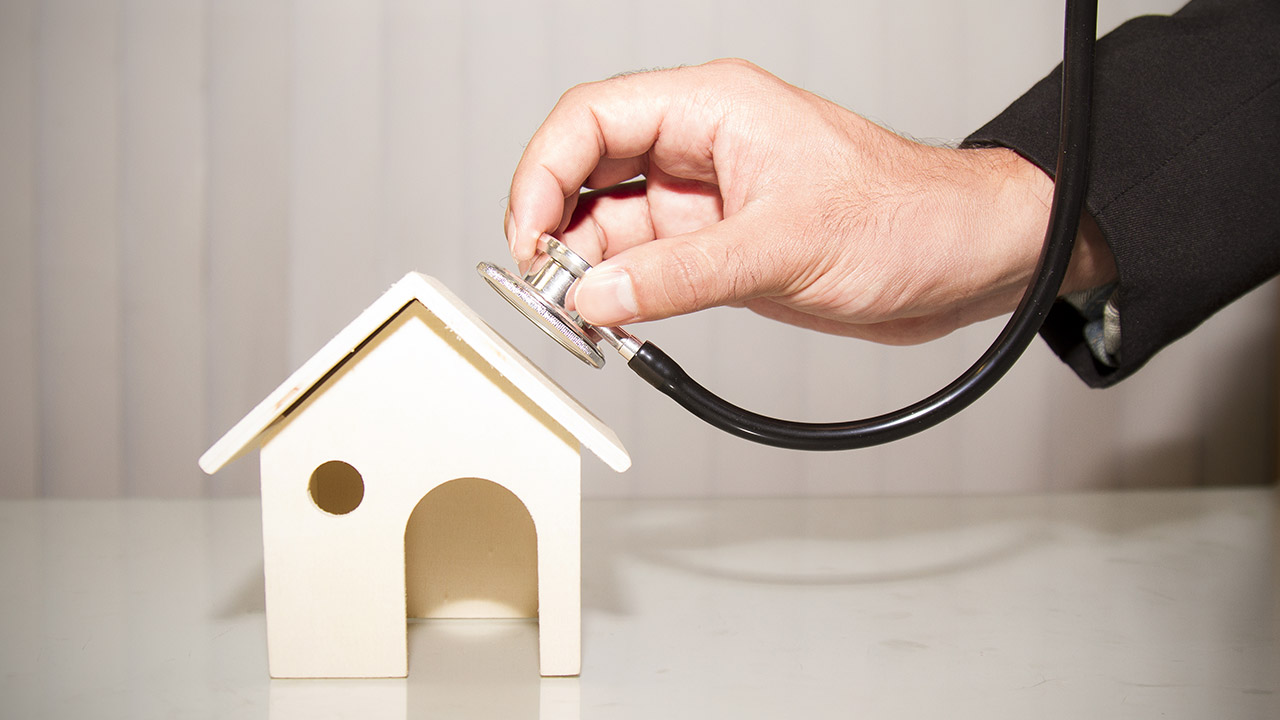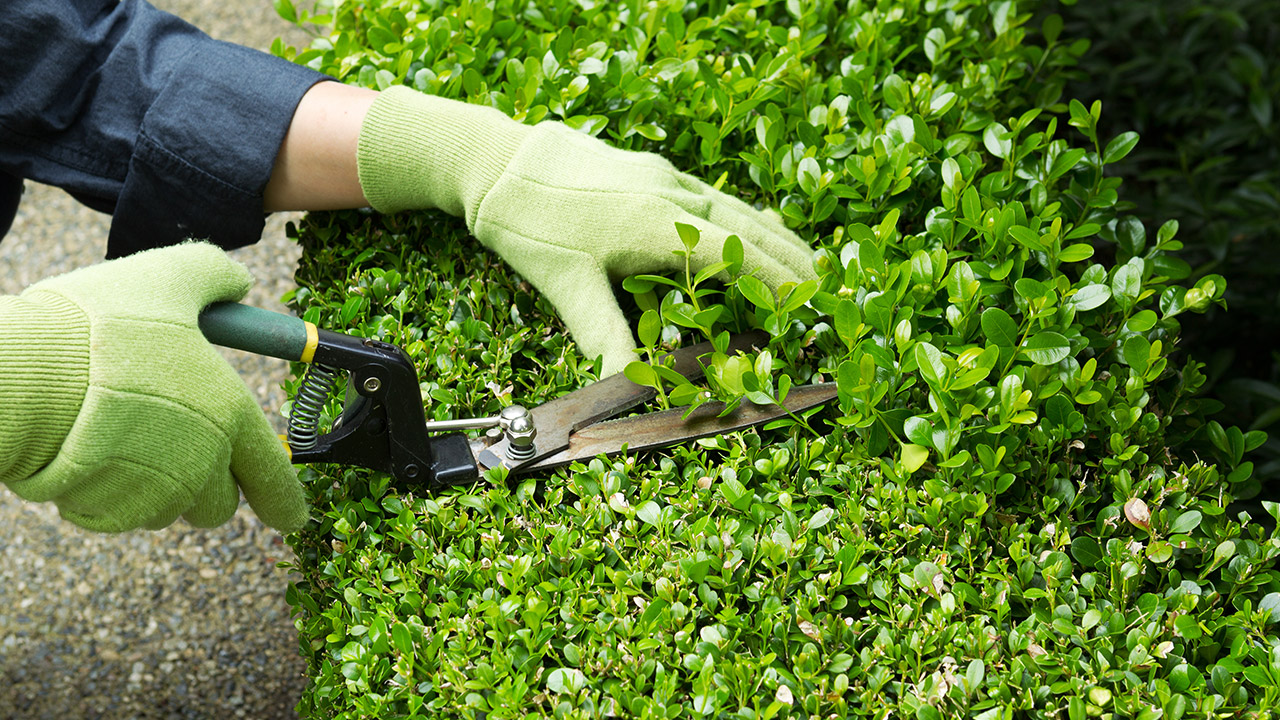
Before the deal on your home sale is sealed, a few contingencies will likely have to be fulfilled first, and that includes a home inspection.
Buyers typically include a home inspection contingency in their real estate contracts in order to provide them with the opportunity to scope out the home in greater detail. If there are any major issues with the place that the buyers didn’t notice before, they’ll likely find them at the inspection. Without this contingency, buyers could put themselves at risk of winding up with a money pit on their hands.
Home inspections are often a source of stress for sellers and their agents because anything can turn up that might send everyone back to the negotiating table. But there are some things that you can do as a seller to make sure the buyer’s home inspection is a success.
Ensure Free and Clear Access
The home inspector is going to want to check out all sorts of things, like the attic, crawl space, hot water heater, HVAC unit, electrical panel, and other areas in order to complete the inspection.
Instead of having to hop over objects and sift through debris, it would make the inspector’s job a lot easier if clear access was provided. If the inspector has trouble gaining access, certain items may not be included in the report.
Replace Burned-Out Light Bulbs

The buyer will want you to replace all burned-out bulbs in the home that are noticed, so you might as well change them before the first prospective buyer even shows up.
Replace the Filters
Air filters on HVAC systems should ideally be checked, cleaned, or replaced every 3 to 6 months in order to ensure that they work properly. Filters that are filthy won’t be able to function properly and can overwork the system. Be sure to change the filters and leave service tags behind so the inspector can see when the system or unit was last serviced.
Check Your Grading

If you notice that the soil around the perimeter of your home is sloping toward the exterior walls, this can create water issues. Tackle this problem right away to ensure the ground slopes away from the home to avoid any water contact with the foundation walls. You can be sure that this is something that the inspector will be looking for.
Clean Your Closets
The inspector is going to go through as much as possible, including the closets. Make it easier for the inspector to check out these little spaces by cleaning them out.
Fix Small Cracks

If there are any cracks in the foundation walls, window glass, or screens, try to have them fixed before the inspector’s visit.
Keep the Power On
If you’ve already vacated your home and moved into your new place, don’t cancel your utilities just yet. The inspector is going to want to turn on all the lights, power up the oven, test out the furnace and A/C, and so on. Without power, the inspector won’t be able to test some of the major items in your home which could inevitably cause unnecessary delay.
Deal With the Bugs

Have you noticed any damage from termites, carpenter bees, ants, or any other unwanted pests in or around your home? If so, you better deal with this issue before your inspector starts snooping around, as these issues will undoubtedly be included in your report.
Clear the Clogs
If your sinks are slow to drain, have them fixed. If the issue is minor, you may be able to clear them with a drain clearing solution. More stubborn or serious clogs may warrant a visit from your plumber. The buyer isn’t going to want to take possession of a home with drains that are clogged.
Clear Your Yard

Trim the bushes, cut down obtrusive tree branches, rake the leaves, move garbage cans out of the way, and clear out any other items from your property that could obstruct access and get in the way of a thorough exterior inspection of your home.
Get Your Repair Documents Out
If you’ve had any previous repairs done to your home, have the repair documents handy to show the inspector.
Provide Disclosures

For any issues that you are unable to repair yourself, you’ll want to be sure to disclose them to the buyer. Things such as mold, asbestos, water damage, foundation problems, or any other issues with the home need to be communicated to the buyer. Otherwise, these issues will likely be discovered during the inspection and delay closing. Even worse, failure to disclose any known issues with your home could land you in hot water in the near future.
Make Plans To Be Out of the House For a Few Hours
Sellers should never be present when an inspection is taking place, if possible. Since inspections can take anywhere a few hours to complete, make some plans that will keep you out of the house during this time frame. In addition, keep your pet(s) at bay.
The Bottom Line
A home inspection can make or break your sale, so anything you can do to ensure a successful one should be done. Take the advice of your real estate professional in terms of what steps you can take to reduce the odds of a renegotiation – or worse, a dead deal.